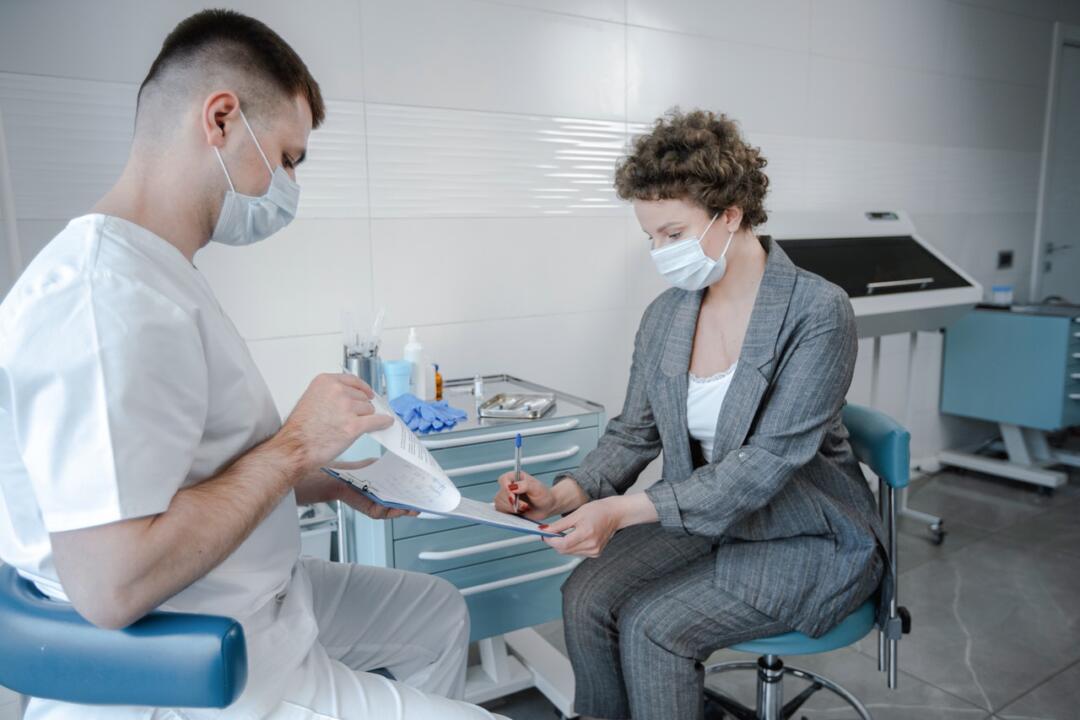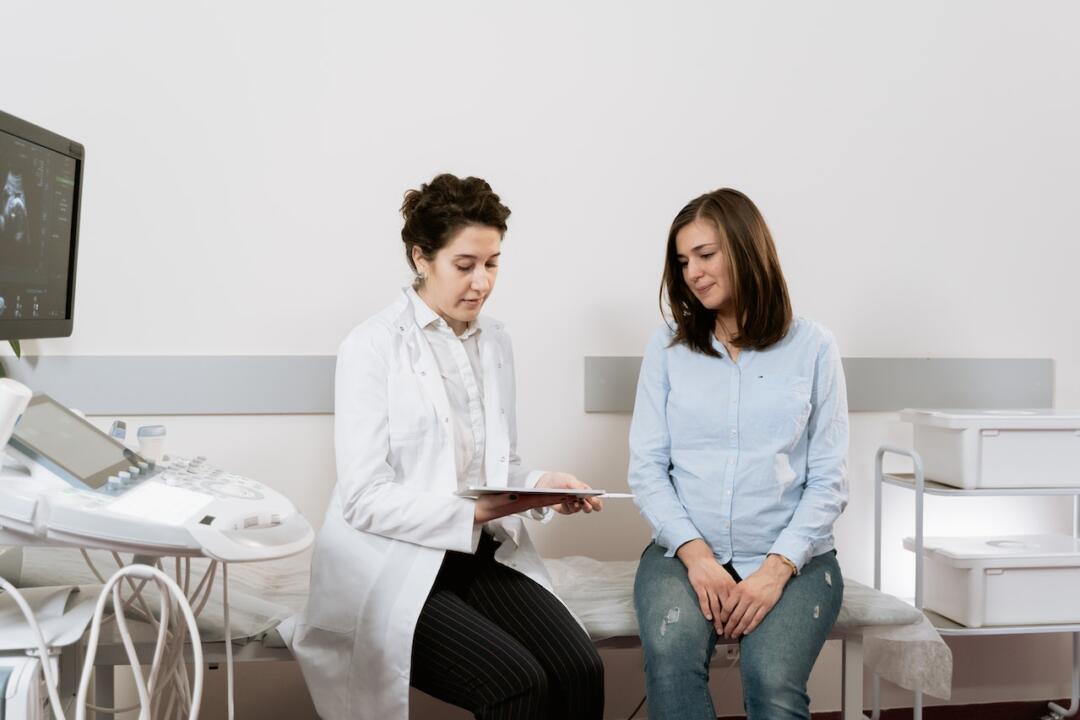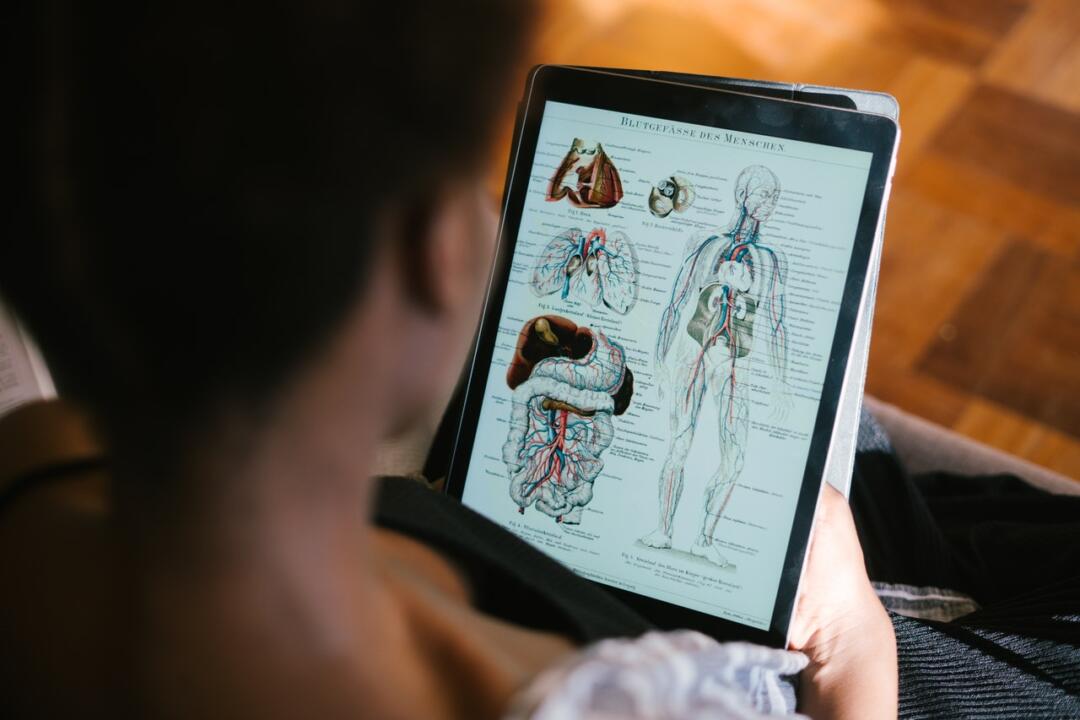Your cart is currently empty!
OBGYN Personal Statement Sample 4

“Nancy, can you please go buy me some birth control pills?” my friend asked me in high school, as my first foray into women’s health. When my friend and her boyfriend were in a dilemma that involved a broken condom, she desperately shoved a crumpled $20 bill in my hand and asked me to go to the drugstore. It became very clear to me that she was not armed with the facts about birth control, sex, or the reproductive process. I gingerly explained to her the details as I learned them from the health books that my father had given me. This episode marked the first time I had an inkling that I wanted to become a gynecologist.
Every road since then has pointed me in the direction of obstetrics and gynecology. My first true insight into the clinical aspects of the specialty came during my first year of medical school. Wake Forest has a Community Practice Experience program where students shadow primary care physicians, and I chose to follow an OB/GYN practice. For eight weeks over two years, I shadowed the five doctors in this practice. What struck me most about their roles was their versatility. In one day, the doctors could go to the hospital to deliver babies, go to the operating room to perform surgery, then come back to the office to oversee the clinic. They saw women old and young, pregnant and postmenopausal, sick and well. I enjoyed the diversity of the patients, the diagnoses, and the treatment options that OB/GYN offered.
My decision to go into OB/GYN was further solidified after I did my third-year clinical rotation. After performing many “firsts” – my first delivery, my first overnight call, my first closing in a hysterectomy – I knew I had found my place. I relished every opportunity to assist in the operating room, and even delighted in simple office procedures like colposcopy or pap smears. The rapid results that procedures, surgery, and delivery afford patients are greatly appealing to me. Furthermore, I found that I was drawn to the willingness of the patients to heed the physician’s advice in health matters. While most patients in primary care do not even want to discuss issues like improving their diets or smoking cessation, I discovered that they are generally more receptive to do so when they are either pregnant or trying to get pregnant.
Beyond the manual skills required for surgical management in this profession, communication skills are of utmost importance. In few other specialties do patients come with such intimate issues and concerns so inherently challenging? Throughout my clinical experience in medical school, my evaluations reflected that I have an outstanding ability to establish rapport with my patients. It was not something that required a lot of effort; I truly enjoy interacting with the patients and their families. I plan to continue using this skill throughout my residency and career. I am currently learning Spanish because I had so many patients throughout my clinical years that could not speak English. I recently completed a two-week Spanish immersion course in Costa Rica because I feel that interacting through an interpreter inhibits my ability to truly connect with my Spanish-speaking patients, an essential in the doctor-patient relationship.
I am excited to join such a multifaceted discipline as obstetrics and gynecology. I believe that OB/GYN will fulfill my desire for a stimulating, constantly evolving specialty that integrates the physical and emotional aspects of women’s health. During residency, I want to train with an outstanding academic program that fosters good team rapport and encourages a learning environment. I also plan to explore further training options in reproductive endocrinology and infertility medicine or family planning. Though it has been over 15 years since I first helped my friend through her pregnancy scare, the experience left a lasting impression that unbeknownst to me, would shape my direction in life.
How to write a personal statement
The following approach ensures you include all essential components and make each sentence as effective as it can be:
1. Write a personal introduction
Write an introduction that reflects you and your personality. It should say why you are interested in the job or degree and, if appropriate, your recent experience with the job type or course topics. Starting a personal statement with sentences that show who you are can help encourage the recipient to read further.
2. Expand on relevant skills, interests, and experiences
The body of your personal statement lets you share more about your relevant skills, interests, and experiences. Write about personal details that relate to the job or course for which you are applying. You could write about the following elements, where relevant, in the body of your personal statement:
- Your achievements and experience
- Your relevant skills and talents
- What you would bring to the organization
- Your professional or academic goals
3. Write a strong conclusion
Craft a conclusion that leaves a strong, lasting impression on the prospective employer or university admissions officer. It should be a clear restatement of why you applied and what you hope to achieve with the experience. It should also persuade the reader to take action on you as a candidate, either by reading through the rest of your resume or reviewing your other academic credentials.
In this final section of your statement, you can include:
- Extension of your professional goals
- Summary of your personal statement
- Link back to your introduction
The conclusion of your personal statement for a job should be a single sentence, so consider selecting only one of the above strategies. Write a full paragraph for the conclusion of your personal statement for a university and consider using a blend of two or three of these strategies for a comprehensive and engaging conclusion.
4. Proofread and edit
Once you have written your personal statement, take the time to proofread and edit it. Read your personal statement aloud to hear how your writing sounds and find areas of improvement, such as:
- Spelling and grammar
- Relevancy
- Specificity
- Passive voice
- Clear phrasing
- Simple, easy-to-understand language
Review your personal statement to find these areas yourself, and consider having a friend or colleague read it for you, too. This person can give you feedback on improving it in those areas.
Tips for writing a strong personal statement
The best personal statements have a personal yet professional tone and relevant, direct information. Understanding what strong personal statements have in common can help you create your own. Keep the following tips in mind when writing your own personal statements:
- Write in your own voice
- Keep it simple
- Have a positive tone
- Use active voice
- Be unique
Discover more from mymedschool.org
Subscribe to get the latest posts sent to your email.








